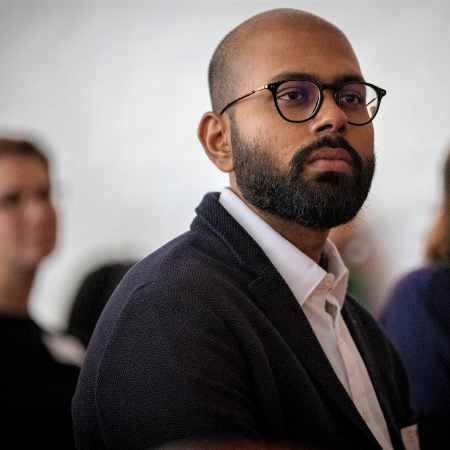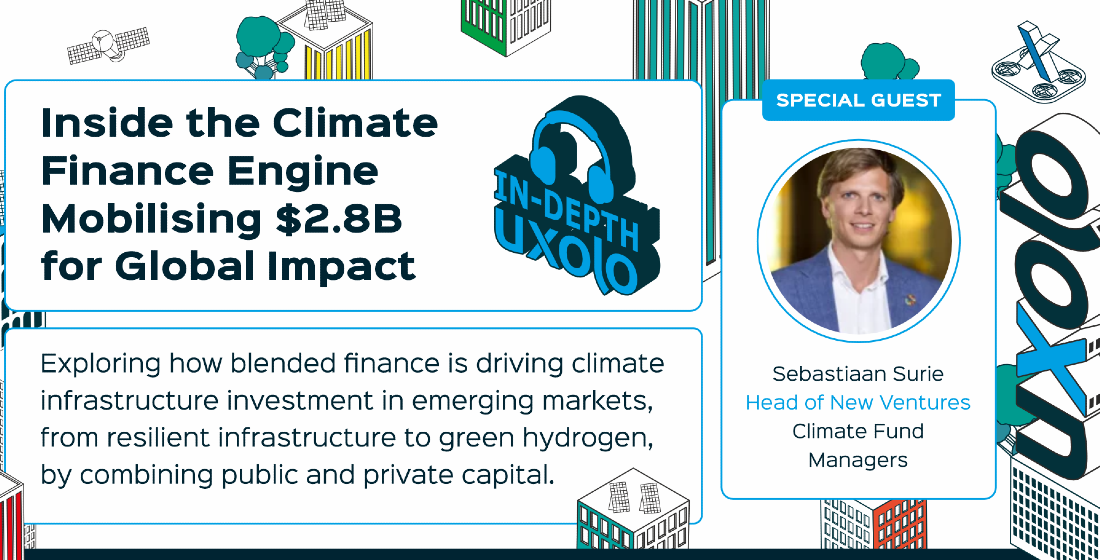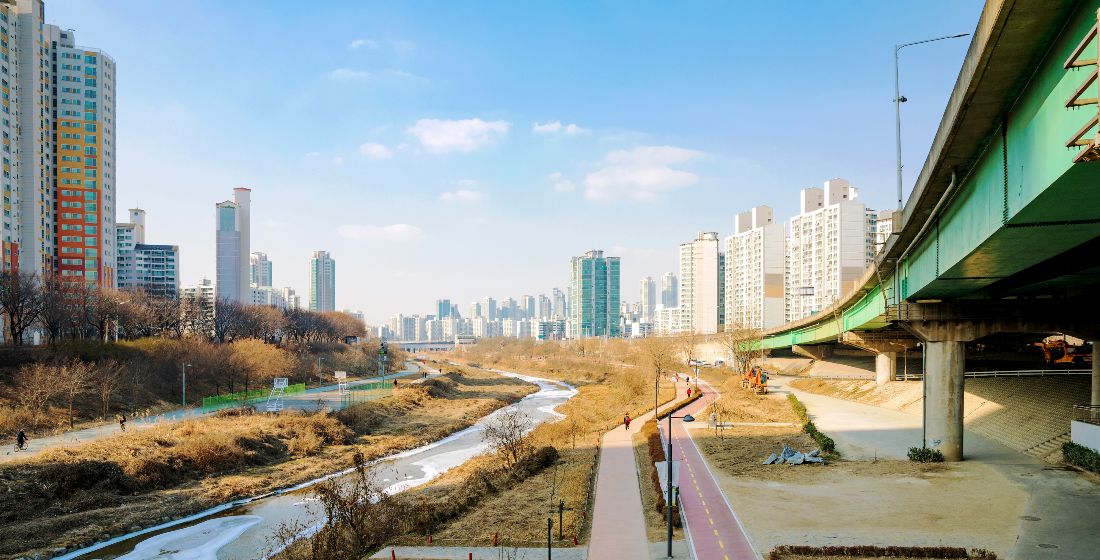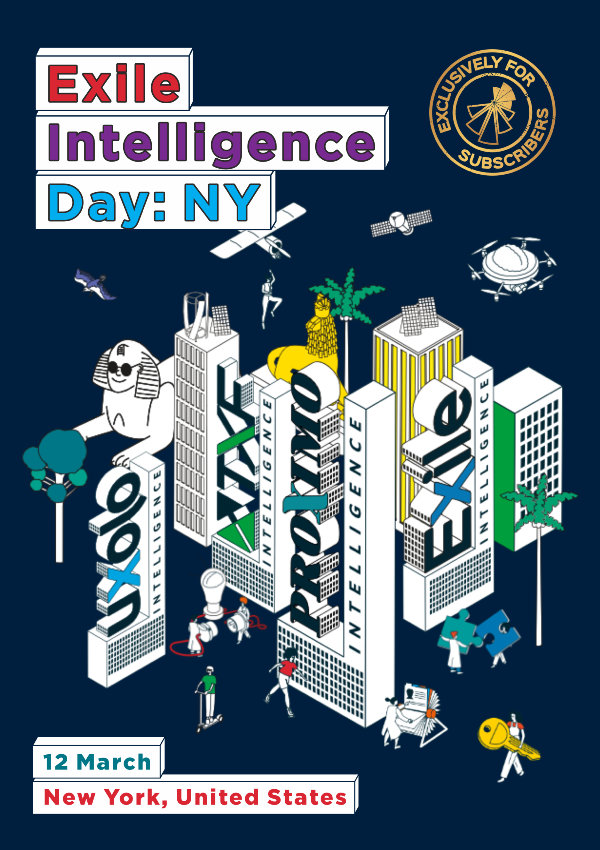Under the radar: An affordable green housing first for ADB
In a series of profiles on DFI-backed deals that rarely grab the headlines, Uxolo spotlights ADB’s $68 million loan to improve financial access to affordable green housing for lower-income women borrowers in India.
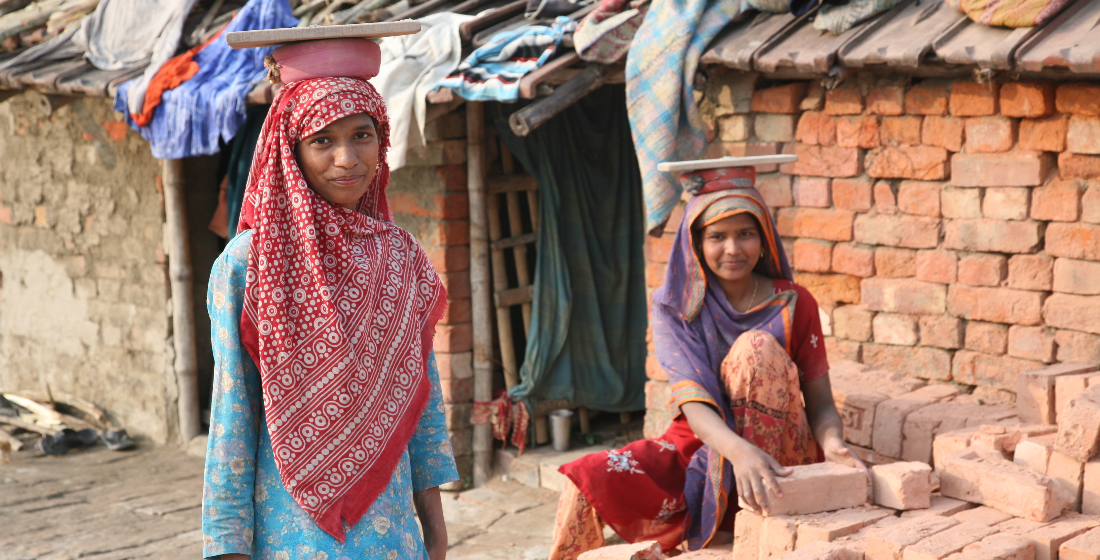
Addressing multiple Sustainable Development Goals (SDGs) at the intersection of climate and gender, the Asian Development Bank (ADB) and IIFL Home Finance Limited (IIFL) have signed a locally denominated $68 million equivalent eight-year loan to improve financial access to affordable green housing for lower-income female borrowers in India. The project addresses SDG 1 (No Poverty), SDG 5 (Gender Equality), SDG 10 (Reduced Inequalities) and SDG 13 (Climate Action).
The funding comprises a direct ADB loan of up to $58 million and a $10 million concessional loan by the Canadian Climate Fund for the Private Sector in Asia (CFPS). From ADB’s loan, 80% will be earmarked for lending to women borrowers or co-borrowers, and 20% allocated to financing mortgages for green-certified homes. The CFPS loan will support IIFL’s green housing portfolio, specifically incentivizing developers to adopt green certification standards in building affordable housing. The debt for the mortgage loans comes with a 1.5-year grace period, and 3 years for the developer loans.
“The project aims to increase the availability of housing for economically weaker sections and low-income groups and for women borrowers in India, a portion of which will be climate-resilient green-certified housing,” says Susan Olsen, senior investment specialist at ADB’s private sector operations department.
Climate change is forecast to disproportionately affect womens’ livelihoods in emerging markets. According to a recently released Intergovernmental Panel on Climate Change (IPCC) report, women's vulnerability to climate change stems from a number of factors – social, economic and cultural. Around 70% of the 1.3 billion people living in conditions of poverty are women. In urban areas, 40% of the poorest households are headed by women. Women predominate in the world's food production (50-80%), but they own less than 10% of the land.
India is no exception to those statistics – Indian women often find it difficult to obtain mortgage loans: a 2017 study showed that only 5% of women have borrowed from a formal financial institution and only 3% have an outstanding housing loan. Lack of property ownership contributes to the low social status of women, their vulnerability to poverty, and low bargaining power within households.
Of the ADB loan proceeds, “ADB expects 136,000 women borrowers to benefit from FY2021 to FY2025, and 20% of the loan proceeds will be to finance green-certified mortgages,” says Olsen.
The project’s target is to increase the number of climate-resilient and gender-responsive green housing units for lower income groups by up to 12,900 from FY2021 to FY2025.
Olsen describes the lender appetite for this project as strong: the “bank was able to mobilise funding partners for this project and the company’s long-term AA rating (local scale) contributed to market appetite.” The structuring of this loan was legal complex, since it involved two tranches of non-convertible debentures (NCD) in local currency with different tenors and terms. “However, ADB is accustomed to working with NCD structures and was supported by a strong legal team,” adds Olsen.
The deal is ADB’s first such private sector agreement in India, although the bank has an existing tie-up with IIFL Home Finance to promote green housing initiatives in India. Green-certified buildings can be more expensive to build, which has limited their uptake among homebuyers and developers in India. The market is also constrained by a lack of awareness that building green homes can result in long-term savings of up to 35%, and are less vulnerable to climate-related risks.
“The client, IIFL Home Finance, is a trail blazer, going above and beyond to help developers take on the challenge of becoming green certified in the affordable housing segment. Also in building gender inclusion deliberately into their business model with a focus on women buyers/borrowers – both as head of household and co-borrowers,” says Olsen. IIFL’s additional focus on scaling the vast majority of their lending on the lowest income segments contributes to building assets and improving the financial standing of these segments, thus contributing to poverty reduction and reducing inequalities. “ADB will certainly be looking to help more companies develop their capacity to finance climate-resilient construction for lower income segments in order to replicate the project model in India and across Asia,” says Olsen.
